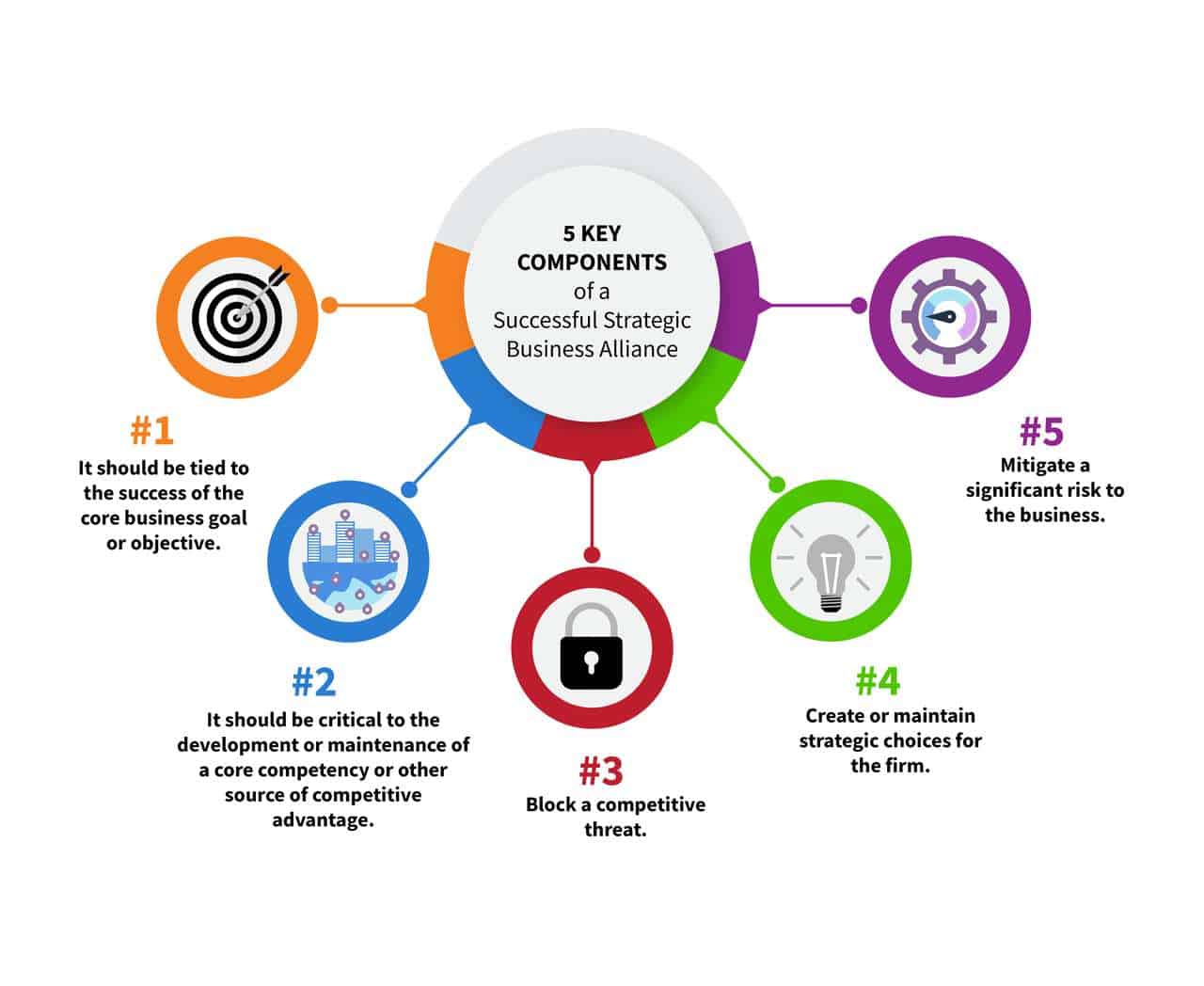Strategic Partnerships
What are Strategic Partnerships?
Definition:
Strategic Partnerships in Staffing Agencies refer to collaborative relationships formed with other businesses, organizations, or entities to enhance and optimize the recruitment and workforce management processes. These partnerships aim to create synergies, share resources, and maximize staffing solutions’ efficiency.
Analogy:
Think of Strategic Partnerships in Staffing Agencies as a wellcoordinated ensemble of professionals working together. Similar to a symphony orchestra where each instrument plays a crucial role in creating harmonious music, strategic partnerships bring together diverse expertise to orchestrate seamless staffing operations, ensuring the right talent is matched with the right opportunities.
Further Description:
Strategic Partnerships in Staffing Agencies cover a spectrum of activities designed to streamline and elevate the staffing process, including:
Talent Sourcing and Acquisition: Collaborative efforts to identify, attract, and acquire top talent through shared networks, databases, and recruitment strategies.
Skill Development and Training: Partnering with educational institutions or training organizations to enhance the skill sets of candidates, aligning them with evolving industry needs.
Client Relationship Management: Building strong partnerships with client organizations to gain a deep understanding of their staffing needs, ensuring a tailored and effective recruitment process.
Technology Integration: Implementing shared technologies and tools to enhance the efficiency of candidate sourcing, assessment, and onboarding processes.
Market Insights and Research: Collaborative efforts to stay abreast of industry trends, salary benchmarks, and talent market dynamics, ensuring informed decisionmaking in the staffing process.
Why are Strategic Partnerships Important in Staffing Agencies?
Extended Reach: Partnerships allow staffing agencies to tap into a broader talent pool and reach candidates that may not be accessible through traditional channels.
Specialized Expertise: Collaborating with partners possessing specific industry knowledge or niche expertise enhances the agency’s ability to meet diverse client requirements.
Resource Optimization: Shared resources, such as databases, technologies, and industry connections, result in costeffective operations and increased efficiency.
Flexibility and Adaptability: Strategic partnerships provide staffing agencies with the flexibility to adapt to changing market demands and offer innovative solutions to clients.
Examples and Usage:
Collaboration with Educational Institutions: Forming partnerships with universities or vocational training centers to bridge the skills gap and nurture a pipeline of qualified candidates.
Technology Alliances: Integrating with applicant tracking systems, AIdriven recruitment tools, or online job platforms to enhance the efficiency of the recruitment process.
Industry Association Partnerships: Joining forces with professional associations or industry groups to gain insights, share best practices, and stay informed about sectorspecific staffing trends.
Key Takeaways:
- Strategic Partnerships in Staffing Agencies involve collaborative efforts to optimize the recruitment and workforce management processes.
- These partnerships cover talent acquisition, skill development, client relationship management, technology integration, and market research.
- Benefits include extended reach, specialized expertise, resource optimization, and adaptability to market changes.
- Examples include collaborations with educational institutions, technology alliances, and industry association partnerships.





